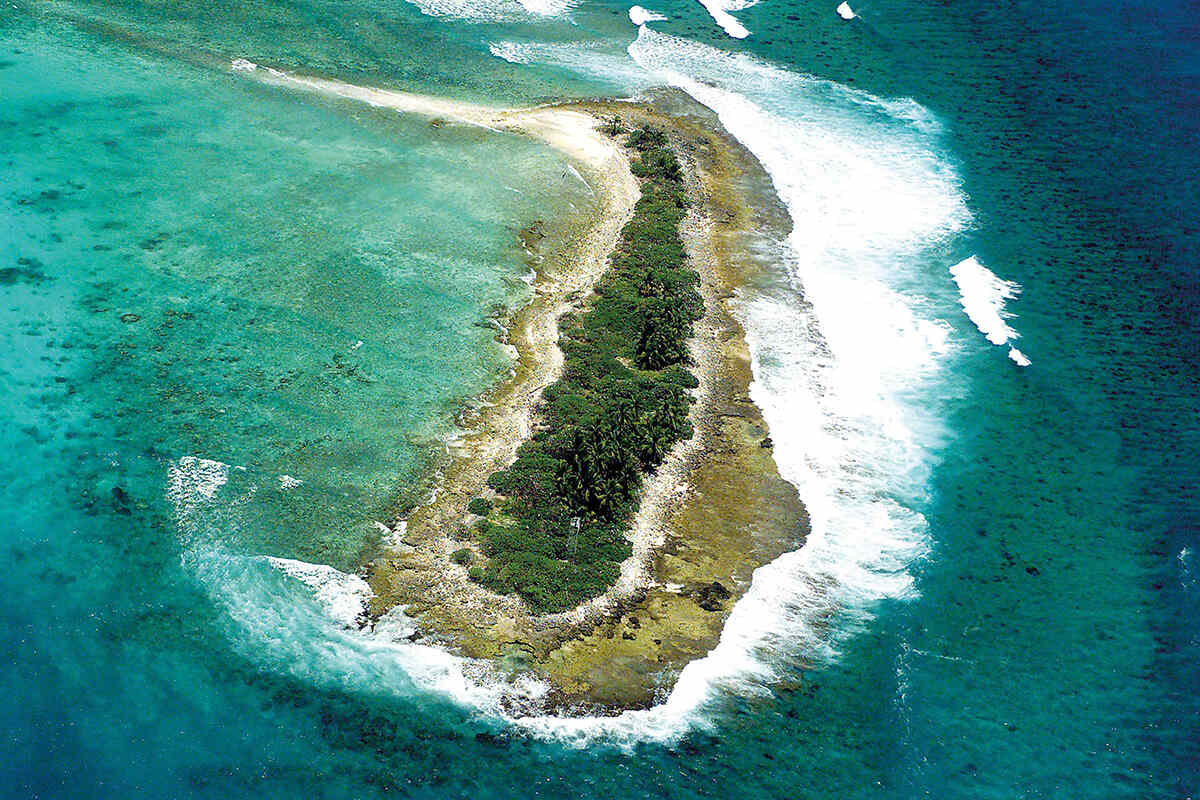
Philippe Sands tells a timely story of Britain’s colonial history with Mauritius, the four-decade legal battle to end colonial rule and one woman’s emotional story at the heart of it all
Review by Shafik Meghji
During the 1960s, as countries across Africa finally asserted their independence, the British government hived off the far-flung Chagos Archipelago from Mauritius and created a new colony: the British Indian Ocean Territory. It then forcibly removed the entire population – some 1,500 Chagossians, the descendants of enslaved or indentured Africans – to allow the USA to build a military base on one of the islands, Diego Garcia.
Among them was Liseby Elysé, who was deported when she was four months pregnant, leaving behind everything bar a few clothes. ‘[When] we boarded, conditions in the [ship’s] hull… were bad. We were like animals and slaves… People were dying of sadness.’ Her baby was subsequently stillborn.
Elysé’s story is the emotional core of human rights lawyer Philippe Sands’ searing account of the four-decade legal struggle to end British colonial rule over the archipelago and secure justice for the Chagossians. Sands – who has acted as legal counsel for the Mauritian government on the issue since 2010 – also weaves in an outline of the development of international law following the Second World War.
Featuring piercing illustrations by Guardian cartoonist Martin Rowson, The Last Colony builds up to a landmark judgement in 2019, when the International Court of Justice ruled that Britain’s administration of Chagos was ‘wrongful’ and must be ended ‘as rapidly as possible’. Shamefully, if unsurprisingly, the government has refused to act, despite the fact that it has failed ‘to persuade any international judge – not even one – to express support for its claim’ to Chagos.
Given the current political debates about colonial history in the UK, The Last Colony feels particularly timely. A story of empire and self-determination, racism and hypocrisy that shines a light on the egregious behaviour of successive British governments, the book enlightens and enrages in equal measure.
Above all, Elysé’s powerful testimony shines through: ‘Nobody would like to be uprooted from the island where he was born, to be uprooted like an animal. And it is heartbreaking. And I maintain justice must be done.’




